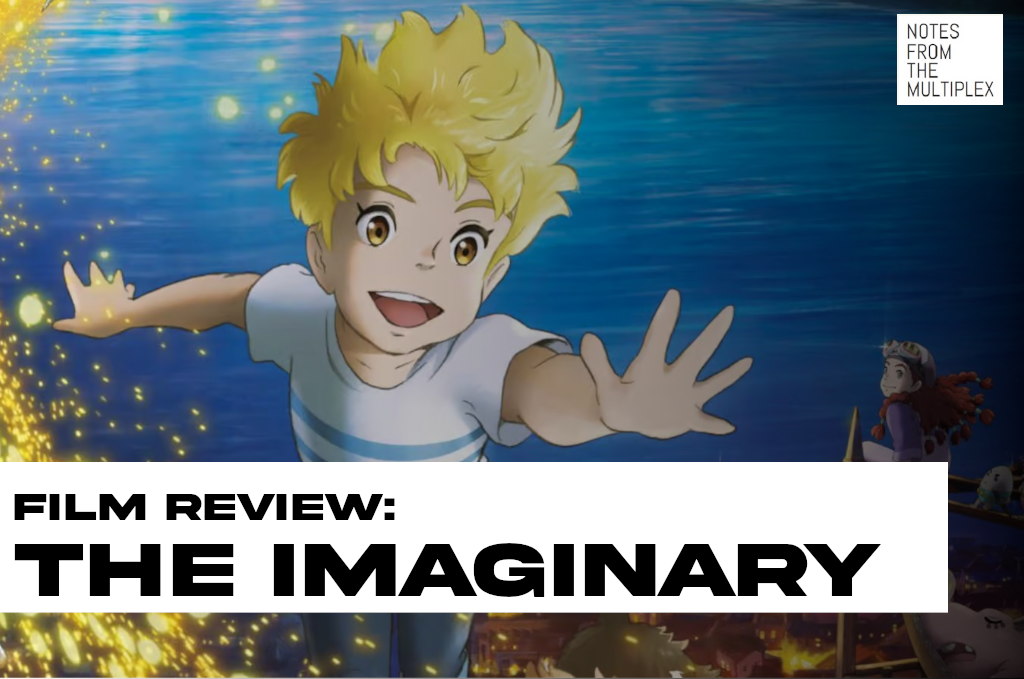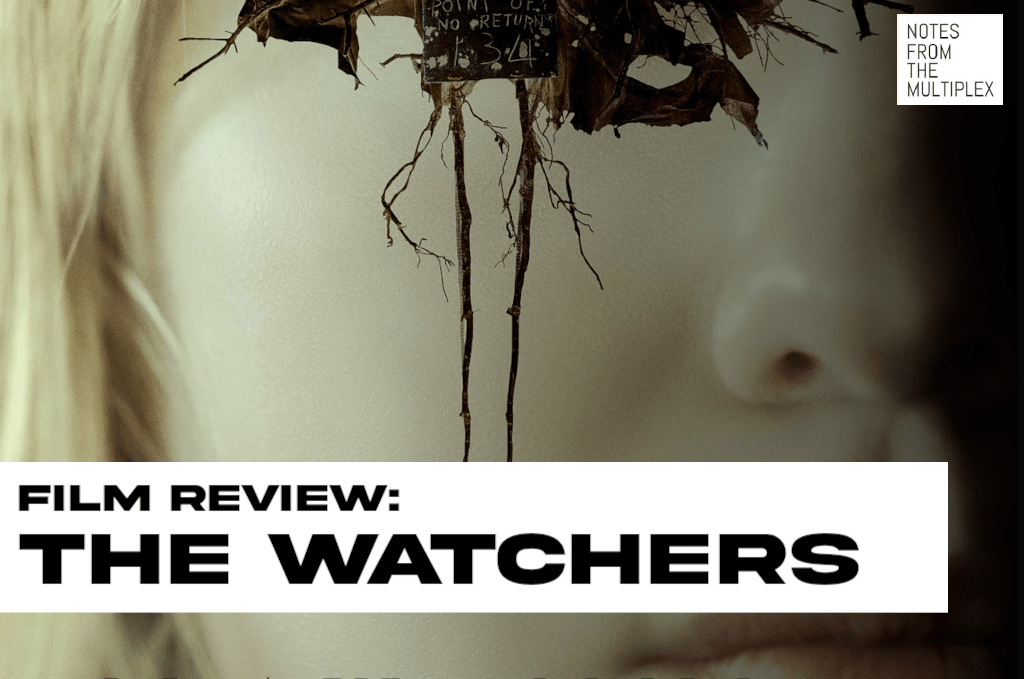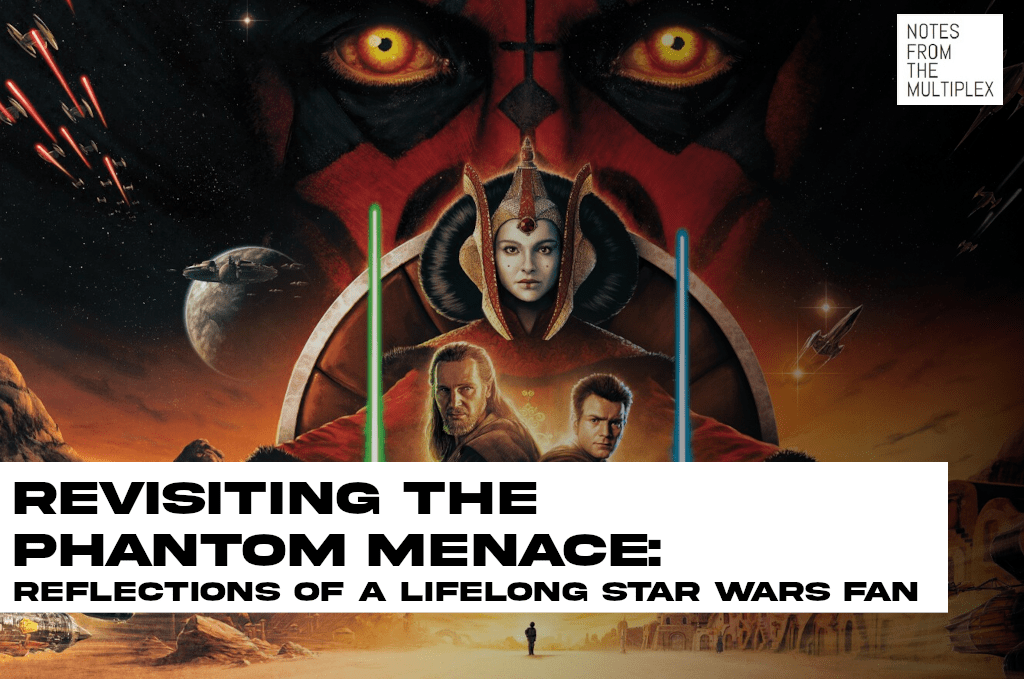

As a reasonably recent convert to the superhero genre, both in comics and film, and as an more of a self-proclaimed DC fan than a Marvel one, WandaVision at first glance seemed too much of a deep dive for someone with only a passing familiarity with its central characters. The post-modern ‘show within a show’ aspect also placed the series into potentially audience-alienating territory – particularly for those younger generations unfamiliar with some of WandaVision’s initial textual influences (The Dick Van Dyke Show, I Love Lucy, etc).
But by the close of its first episode (and only consolidated by the unfolding meta-textual drama which follows) WandaVision offers an accessible and engaging story which had the foresight and textual ability based upon its central premise to keep things continually fresh and interesting. The show’s week by week release schedule combined with the central ambiguity of the situation Wanda Maximoff (Elizabeth Olsen) faces, finding herself the star of a sitcom which continues to reinvent itself whilst teetering upon the edge of some uncertain and perhaps uncomfortable reality, fostered the kind of routine fan theorising and speculation, at least on my part, that became a weekly pleasure in its own right, the kind of post-show (virtual) water-cooler debate not seen since the heyday of Lost.
More than the fun of these debates and theories about the show’s meaning, WandaVision, particularly its early sitcom-influenced episodes were just fun – pure and simple. The genuine humour and creativity at play in the midst of a narrative that binds two seemingly disparate genres (superhero and sitcom), boasts of a franchise having the confidence and imagination to experiment and evolve in a manner that major rival DC simply can’t seem to do at the moment, at least in cinema (DC’s best ‘cinematic universe’ is really a ‘televisual universe’, embodied by the pure comic book sentimentality of the various CW series). Whilst the latter episodes of WandaVision somewhat reign in the earlier episodes’ creative absurdities, what it has to say about the nature of grief and acceptance was, for my money, truly poignant and life-affirming, even if certain sectors of the twitter-verse seem to disagree!



